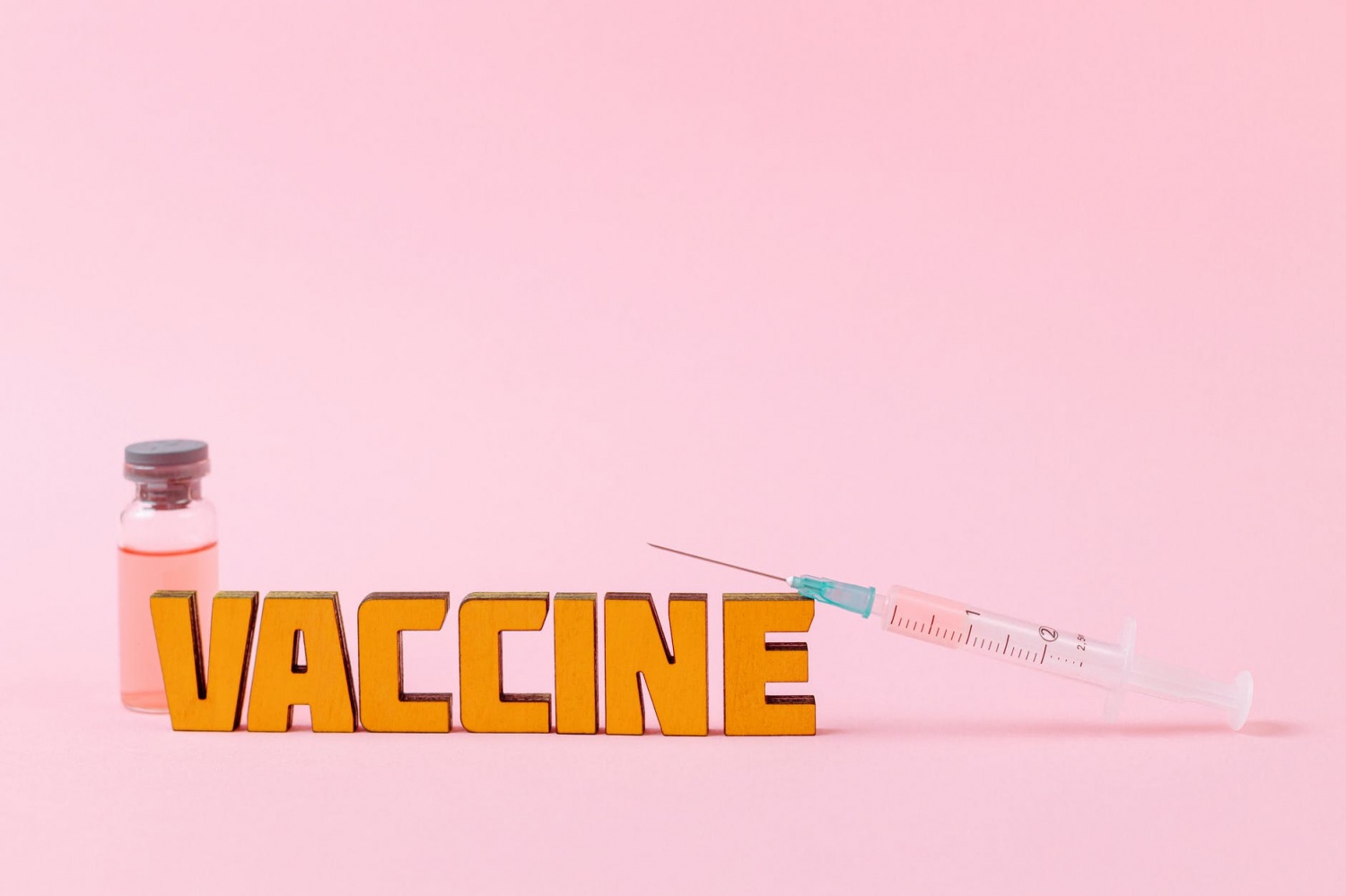
Coronavirus-related crimes, from mock-up negative Covid tests to vaccine appointment phishing scams, have proliferated ever since the pandemic offered up myriad new opportunities to crafty con artists. Even so, the past few weeks have been marked by a noticeable uptick in counterfeit or stolen vaccine records, particularly in the United States where the vaccination campaign is kicking into high gear.
It's not surprising that so many scammers are finding fertile ground-the analogue paper vaccine certificate system which the US and many other countries are currently using provides grist to grifters' mills. Indeed, the issue of falsified or counterfeit vaccine cards is hardly limited to North America, but has become a global problem which is ratcheting up pressure on policymakers to implement more secure and technological infrastructure for verifying their citizens' vaccination status.
Vaccine certificate or scam?
As people grow increasingly impatient for the return to normal life which Covid-19 vaccines promise, online offerings of rip-off vaccination documents are quickly mushrooming. Ever since the FDA first approved the Pfizer-BioNTech jab last December, advertisements for fraudulent replicas of the vaccination cards from the US Centre for Disease Control and Prevention have plastered the Dark Web. After sending off a few personal details and $200 to their hacker of choice, anyone can now receive a fake certificate, complete with a doctor's signature, in just a few clicks. One report by Check Point Research compounded the ubiquitous news stories, finding that fake vaccination documentation offers had increased by 300% over the past three months.
The criminal activity isn't limited to the darkest corners of the web, either. Just last week, The New York Times revealed that fraudsters are even brazenly flogging fake vaccination cards in broad daylight, piggybacking off mainstream social media sites such as eBay, Etsy, Facebook, Shopify and Twitter. These swindlers are offering the small, rectangular cards for between $20 and $40 a piece. Experts have identified the documents for sale as a combination of exemplars stolen from vaccination centres and carefully-copied counterfeit cards.
Beyond the US, similar schemes have popped up in the UK, where the problem first arose in December when counterfeit British National Health Service vaccine cards were offered for sale in a TikTok video for £5, and then on eBay for £1.49 a month later, accompanied by a bogus claim that proceeds would be sent to the NHS. An investigation by The Sun revealed that thousands of British customers had fallen prey to the health card hoax-a situation that's made possible by the fact that the British, like their American cousins, are currently relying on paper vaccine cards during their rollout--a major systemic flaw which fraudsters have easily exploited.
Could secured vaccine passports be the solution?
If the news of this widespread underground network is worrying, it is certainly not surprising, given that governments continue to bandy around the idea of introducing some form of 'health passport' without penning an official policy. But even as it's becoming increasingly clear that a Covid-19 health pass is needed to close this chapter of the pandemic, sceptics have raised concerns about the implications of such a document. Governors in Texas and Florida, for example, are even seeking to ban such a pass outright over privacy fears, while others question how those without ready access to digital devices will cope.
All these concerns can be overcome, though, by technological means. Indeed, some private companies are already adapting their existing technologies to develop schemes which rely on tamper-proof blockchain, don't require any kind of central government repository of data, and can incorporate paper certificates for universal accessibility. One such system is the Certus myHealth Pass, designed by Swiss security experts SICPA. The cost-effective platform encodes the patient's medical data in a machine-readable QR Code, which can be generated by a mobile app or printed out for those without smartphones. The technology verifies the patient's health status in real-time using "one-click universal and independent verification", ensuring that the process is as streamlined as possible. The flexible system is also capable of offering proof of negative Covid-19 test results and evidence of antibodies following recovery from the virus. This facet is crucial in places like the EU, for example, where lawmakers have already stated that they don't want a health passport that discriminates against people who haven't yet had the chance to be vaccinated. The Certus myHealth Pass could therefore be utilised by everyone, not just the vaccinated.
While the news stories of escalating vaccine certificate swindling is certainly alarming, this contraband trade is as preventable as it is worrying--linked as it is to the hesitation of leaders to officially mandate a technologically-advanced coronavirus health pass. It is high time that lawmakers get down to brass tacks with health authorities on actually rolling out vaccine passports. Official digital systems are the only way to put a pin in the fake vaccination documents industry. With viable options already fully operable there is no excuse not to push forward with the implementation of society-wide health passes.
* This is a contributed article and this content does not necessarily represent the views of techtimes.com








